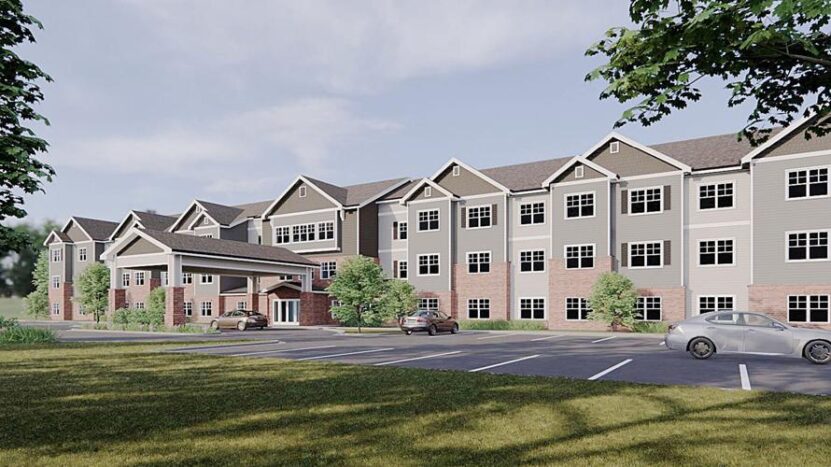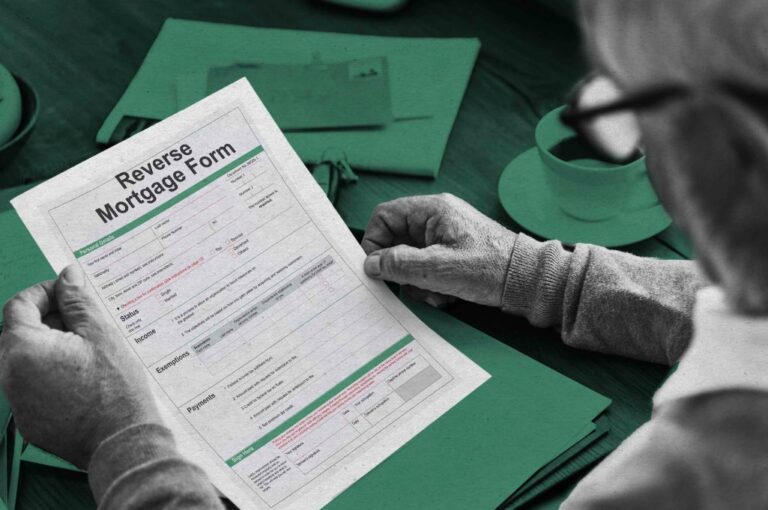Low-income senior housing is a critical option for seniors living on limited incomes. In this comprehensive guide, we delve into the qualifications, application process, and strategies for securing affordable housing. Understanding these options is vital for seniors and their families, as it impacts their comfort, security, and financial stability. This guide aims to demystify the process, offering insights into each step of securing low-income senior housing, and providing seniors with the resources and knowledge needed to make informed decisions about their tenancy options.
Understanding Low-Income Senior Housing

Low-income senior housing encompasses various residential options designed for older adults with limited financial resources. This includes government-subsidized housing, public housing, and affordable rental apartments. Each type caters to different needs and income levels, ranging from fully subsidized units to those based on a sliding scale of income. Understanding these options helps seniors determine the best fit for their lifestyle and financial situation, ensuring they find safe, comfortable, and affordable living arrangements that cater to their unique needs as they age.
Eligibility Criteria
Qualifying for low-income senior tenancy involves meeting specific criteria, primarily focused on age, income, and legal residency status. Typically, applicants must be 62 years or older, although some programs may have lower age thresholds. Income limits are crucial, often set at 50% or less of the area median income. Additional considerations may include citizenship or immigration status and a background check. To navigate this criteria you need to learn more, and the first step in accessing affordable housing options, ensuring that these resources reach those seniors who need them most.
Application Process
The application process for low-income senior housing requires careful preparation and attention to detail. Applicants must first identify suitable programs, then gather necessary documents, such as proof of income, age, and residency. Submitting a thorough and accurate application is key to avoiding delays. This process may involve filling out forms, attending interviews, and providing detailed financial information. Staying organized, meeting all deadlines, and maintaining open communication with tenancy authorities can significantly enhance the chances of a successful application.
Researching Housing Options

Finding the right low-income senior housing involves thorough research. Seniors and their families should explore various options, including online databases, local housing authorities, and community organizations specializing in senior living. Visiting potential homes and speaking with current residents can provide invaluable insights. It’s important to consider factors like location, accessibility, services offered, and community culture. This research is crucial in identifying a tenancy solution that not only meets financial constraints but also supports a comfortable and fulfilling lifestyle for seniors.
Affordable Housing Programs
There are several government programs designed to assist seniors in finding affordable housing. The Section 202 Supportive Housing for the Elderly Program, for instance, offers tenancy with supportive services for low-income seniors. The Low-Income Housing Tax Credit program also provides options by encouraging private developers to create affordable rental housing. Understanding these programs and their specific benefits helps seniors identify the best options for their situation, ensuring they leverage available government resources to secure comfortable and affordable tenancy.
Income Verification
A critical component of the application process is income verification. Applicants must accurately report all sources of income, such as Social Security, pensions, and any part-time employment. This often involves submitting tax returns, bank statements, and other financial documents. Accurate income reporting is crucial to determine eligibility and the level of assistance provided. Seniors should ensure all documentation is current and accurately reflects their financial situation to streamline the application process and avoid potential complications.
Waiting Lists

Many low-income senior housing options have long waiting lists due to high demand. It’s crucial to understand how these lists operate and to maintain active communication with housing authorities. Applicants are advised to apply to multiple tenancy options to increase their chances of finding a suitable place. Patience is a vital aspect of this process, as wait times can vary significantly from months to even years. Regularly checking your status on the list and promptly updating your application if your circumstances change – such as income alterations or changes in health status – is essential for effectively managing the waiting process. This proactive approach can significantly impact your chances of securing housing in a timely manner.
Financial Planning
Sound financial planning is paramount for seniors considering low-income housing. This process involves careful budgeting for rent, utilities, and other living expenses while maintaining a reserve for unexpected costs. Seniors should diligently manage their income and expenses to maintain financial stability. Effective financial planning ensures they can afford the ongoing costs of housing and prepares them for potential changes in their financial situation, like healthcare expenses or changes in income. This foresight is crucial for maintaining eligibility for low-income tenancy programs and ensuring a stable, worry-free living situation. Additionally, consulting with financial advisors or attending budgeting workshops can provide valuable insights into managing finances more effectively.
Application Tips
When applying for low-income senior housing, meticulousness and thoroughness are key. This means carefully reading all application materials, adhering to deadlines, and ensuring that all required information is complete and accurate. Avoid common mistakes like missing documentation, providing incorrect information, or failing to follow up on your application’s status. Clear, concise, and regular communication with tenancy authorities is crucial, as it can significantly influence the success of your application. It’s also beneficial to seek assistance from housing counselors or legal aid services when uncertain about application procedures. They can provide guidance and help clarify complex aspects of the application process, ensuring you present your case in the best possible light.
Advocating for Your Needs

Seniors should actively advocate for their housing needs throughout the application process. This may involve seeking assistance from social workers, senior advocates, or legal advisors, especially in complex cases. Advocacy is key in navigating the often complex landscape of low-income tenancy, ensuring that seniors’ voices are heard and their needs are adequately met. These resources can provide crucial support, helping seniors understand their rights and options.
Conclusion
Navigating the path to low-income senior housing can be challenging, but with the right information and approach, it’s a manageable and rewarding process. This guide aims to empower seniors and their families with the knowledge and tools needed to successfully navigate this journey. By understanding the options, meeting eligibility criteria, and carefully managing the application process, seniors can secure hotenancy using that provides safety, comfort, and stability in their golden years.
Related Posts:
- Senior Housing Tips 2024: Exploring What Are…
- Influencer Ascent: Essential Tips for Building Your…
- What to Wear on a Nile River Cruise: Essential Tips…
- Visa Choices for UK Weddings: A Practical Guide with…
- Pet-Proofing Your Space: A Practical Guide to When…
- Tips and Tactics for a Smooth Website and Content…







